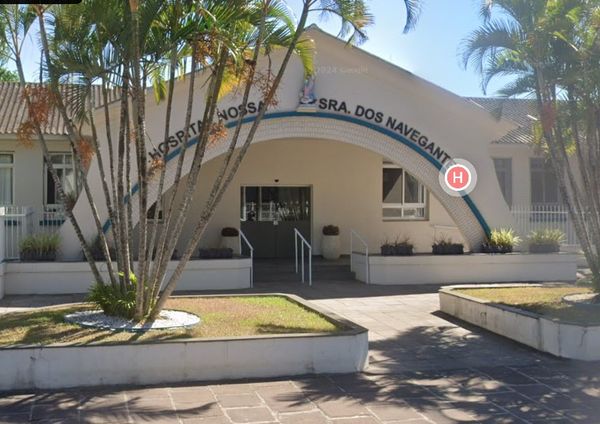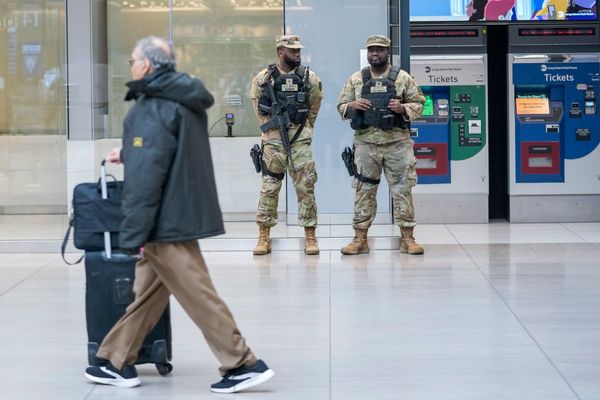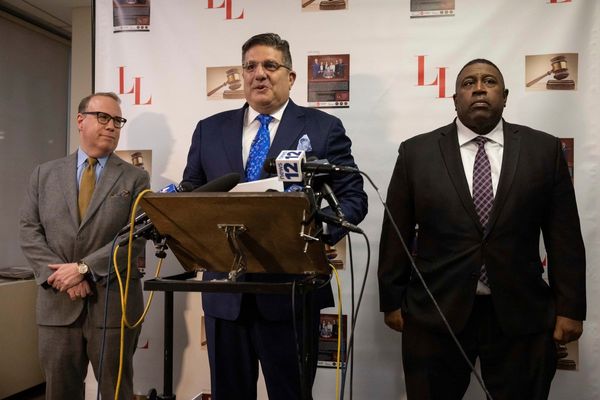
It only took one failed knife attack on a cleric and the decision of one toxic clown of a tech billionaire: Australia is back into a full-court press on civil liberties and freedom of speech.
Australia’s internet censorship body, with the encouragement of politicians on both sides, is pursuing X (formerly Twitter) for rightly refusing to remove footage of the Wakeley attack, with “e-Safety commissioner” Julie Inman Grant demanding a global ban on the content.
X’s competitors in Australia’s corporate media, particularly at the Nine papers, are cheering them on. Unsurprisingly, Nine journalists are demanding “Musk be put in his place“. Even the Financial Review devoted multiple stories to the issue today and editorialised that the removal of the Wakeley footage was “a genuine public safety” issue and akin to “shouting fire in a crowded cinema” (quoting Wendell Holmes is like the Godwin’s Law of the free speech debate).
Meanwhile, the Coalition is demanding that Inman Grant’s “papers please” requirement for age verification online be implemented immediately. In that demand, let’s be clear about what the opposition really wants: it would apply to not just social media companies but any adult content. That would mean the 84% of men and 54% of women in Australia who use pornography would be compelled to hand ID documents like credit card details or birth certificates to social media companies, services like YouTube, and pornography websites.
Happy with Pornhub having your passport because Peter Dutton thinks it’s a good idea? Yeah, “age verification” suddenly doesn’t sound so clever once you point out what it involves, eh?
Let’s not forget the government is also crafting legislation to criminalise “doxxing”, or, to be accurate, publicly revealing the names of people who want to destroy your career because you object to mass slaughter and ethnic cleansing.
And the nation’s security bureaucrats have exploited recent events to once again demand a prohibition on encryption, with a dropped speech from the heads of ASIO and the Australian Federal Police flagging a push for security agencies to be given back doors into encrypted systems so they can check that users “do not enable crime and the vilification of minorities such as Muslims, Jews and the LGBTQIA+ community”.
This, too, will be cheered on by many in the media. One senior journalist at Nine has already lashed out at the use of VPNs, saying they help “drug-runners dodge police” and blur “the idea of national borders”. That would suggest anyone hoping to contact David Crowe anonymously should probably think again, since a VPN and encrypted communications platforms like Signal are basic tools for any journalist who wants to do all they can to protect sources.
That’s one of the many problems that attacks on end-to-end encryption entail. Contrary to the cliché about not having anything to hide, plenty of us have something to hide and need our communications secured from snooping by security bureaucrats — politicians, lawyers, journalists, medical professionals and anyone who wants to blow the whistle on wrongdoing. Australia has a deeply entrenched culture of trying to destroy anyone who reveals wrongdoing. Just ask Brittany Higgins.
And the idea that the AFP, which can be sent after whistleblowers by politicians and public service chiefs, can be trusted to not abuse powers to access encrypted communications is laughable.
The willingness of many in the media and politics in Australia to support attacks on free speech, privacy and civil liberties demonstrates a persistent theme: the commitment to protecting free speech and basic rights is only skin deep — and often not even that. When even the alleged “watchdog press”, and the party that is supposed to be suspicious of big government and state intrusion, call for yet more powers to monitor and control what Australians see and can say, it reflects a shallow attachment to the basics of a free society.
Defending those basics is often left to the cranks and the far right — look at the line-up defending Musk here: the risible Ralph Babet, senator for high-vis vests Matt Canavan, the fossil fuel-funded bozos of the IPA. But though it shouldn’t have to be said, just because dickheads believe something, doesn’t make it wrong.
This happens every time there’s a new “terror” attack in Australia. It happened after 9/11 and the Bali bombings, with the Howard government introducing some of the most draconian assaults on civil liberties in Australian history. It happened after the rise of the Islamic State in Syria and Iraq, laughably portrayed as an “existential threat” to Australia by then attorney-general George Brandis, which prompted yet more assaults on freedom, like data retention.
Now, a failed knifing caught on camera is the pretext for another assault. Talk about history repeating as farce.







